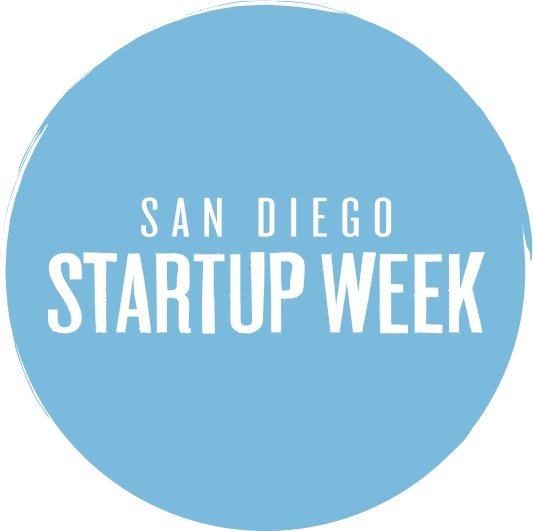How to Create a Social Media Profile For Your Business

As a startup or small business owner, you have to be smart with the resources you have. Oftentimes, traditional marketing doesn’t exactly fall within your budget. That’s why social media is a great alternative in generating the results you want to achieve. It’s not only low-cost, but it also gives you direct exposure to current […]
Who Top Startup Founders & Entrepreneurs Follow on Instagram

We all need inspiration in our life, even successful Startup Founders & Entrepreneurs turn to visual content giant Instagram, for daily encouragement or perhaps a welcomed distraction. The Startup Garage Team complied a list highlighting a handful of standout accounts they follow on Instagram, and what their personal photo posting style reveals. Tony Hsieh @Downtowntony […]
How To Measure and Achieve Product/Market Fit

Product/Market Fit is a term that was coined to define the process of creating a product that resonates with a specific target market(s). Taking this definition a step further, Product/Market Fit is proving sufficient demand within a target market segment to justify the spending of capital (human and financial) in order to begin scaling the […]
Tweets. Hearts & Pivots: 5 Startup Business Lessons To Learn From Twitter

As Twitter shares plunge 13% and user growth & revenue pale in comparison to other social networks. Investors, shareholders, and tweeters alike fear the legendary tech startup is doomed. #TwitterTurmoil Founded in 2006 by by turning “moments of panic into moments of inspiration” Twitter is no stranger to the art of the pivot and is […]
The 12 Best Startup Accounts To Follow On Twitter

The Startup Garage team scoured Tweeter to bring you 12 diverse Startup resources full of rich content, active engagement, and follower traction worth following. 1.Funders and Founders@FundersFounders 19.7k followers Are you a visual learner? @FundersFounders easily explains Startup Entrepreneurship visually through simple, fun, informative infographics that will help you thrive as an Entrepreneur. 2. Tech […]
28 Essential Hashtags To Use For Your Startup Business

Hashtags or the #symbol were originally created as a way to categorize messages, making it easier for users to find messages with a specific theme or content. Hashtags ultimately help connect your Startup Business with an audience that shares similar interests, views, and insights. When used routinely along with captivating relevant content, hashtags have the […]
4 Reasons Why Startup Week San Diego Is Good For Your Life & Your Business

Celebrating and participating in local innovation has never been cooler for San Diegans, thanks to Startup Week San Diego. Located in the heart of downtown SD June 14th-20th. This action packed 6 day event is designed to be the premier catalyst for innovation, creativity, and entrepreneurialism. If you haven’t decided to attend, volunteer, or showcase […]
Looking 3 Steps Ahead: What Comes After the Startup Ideation Phase

What are the next steps after you come up with an idea for a new business? After the ideation phase of a business, many teams loose focus. Fortunately, there is a tried and true blueprint that successful companies in all industries have followed in order to take a business entity from a spreadsheet into the […]
Building Online Brand Presence as a Startup

Launching a new high growth startup is a way to build a business from the ground up. Whether you are providing content, products or even services to potential customers. Knowing how to build an online brand presence when getting a startup up and running is essential. Especially when working in competitive fields and making a […]
How To Determine Market Traction For Your Startup

The major thing to know about the first few years of funding a startup business is that in order to attract investor capital you must accomplish certain milestones. Accomplishing milestones helps to reduce the risk associated with the startup venture. Investors are constantly assessing risk when evaluating a startup and obviously prefer those that assume […]

